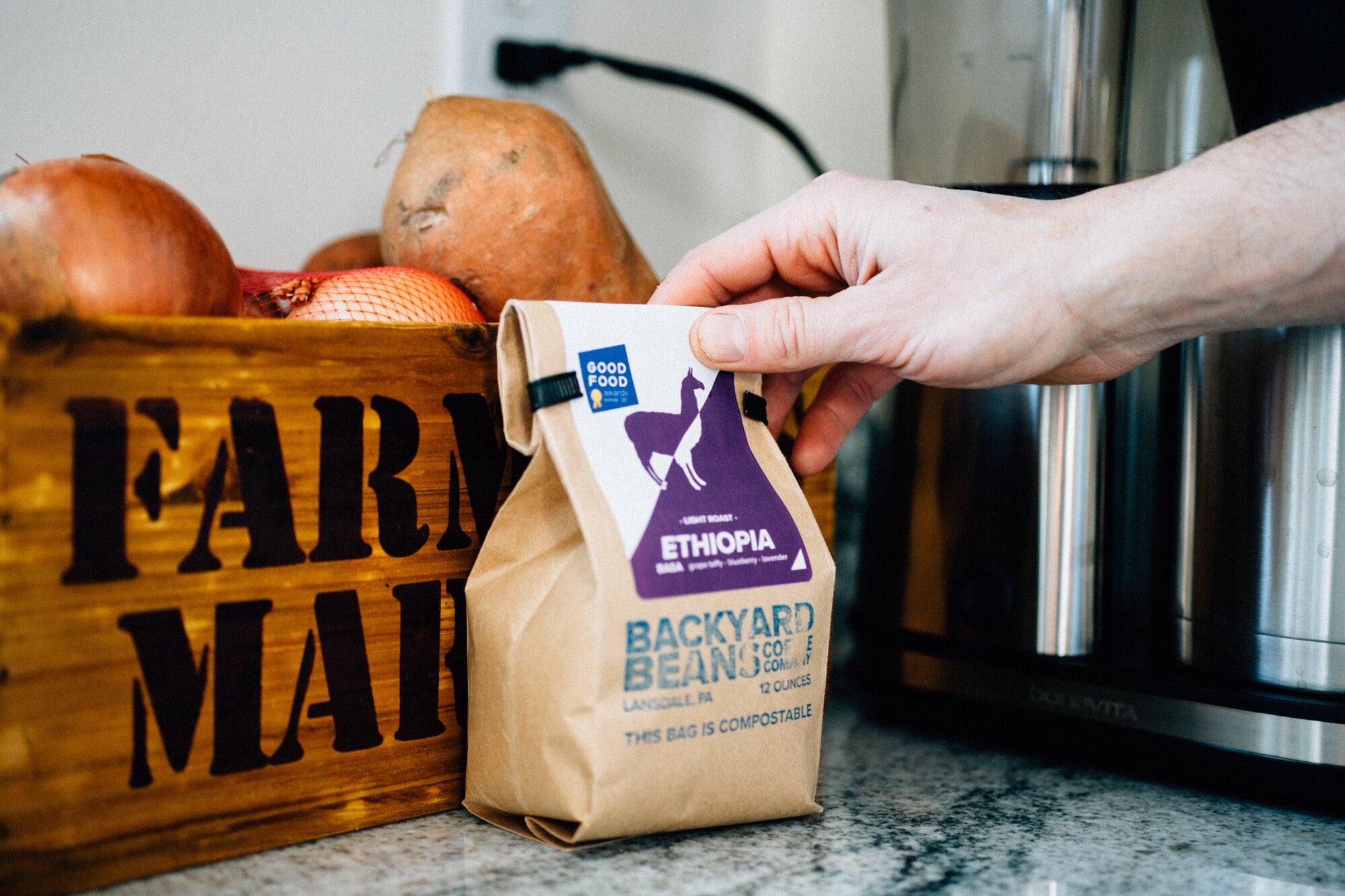
How to Store Your Coffee At Home
We get a lot of questions about coffee, but one of the most common has to do with storing it—whether it’s better in the fridge or freezer, in a mason jar or vacuum canister, you name it. So, we’ve decided to demystify the storing process so you can maximize your coffee and enjoy it fresh for as long as possible.
Let’s start off by saying that coffee has a shelf life. It’s not long, but it is longer than some other items (like a Philly soft pretzel) but much shorter than an unopened bottle of wine. To understand the full process, you must first know what makes coffee go stale. There are four factors: oxygen, humidity, UV light, and heat. Your storing method will be most efficient if you can prevent these four powers from destroying your delicious coffee.
Everyday Storage:
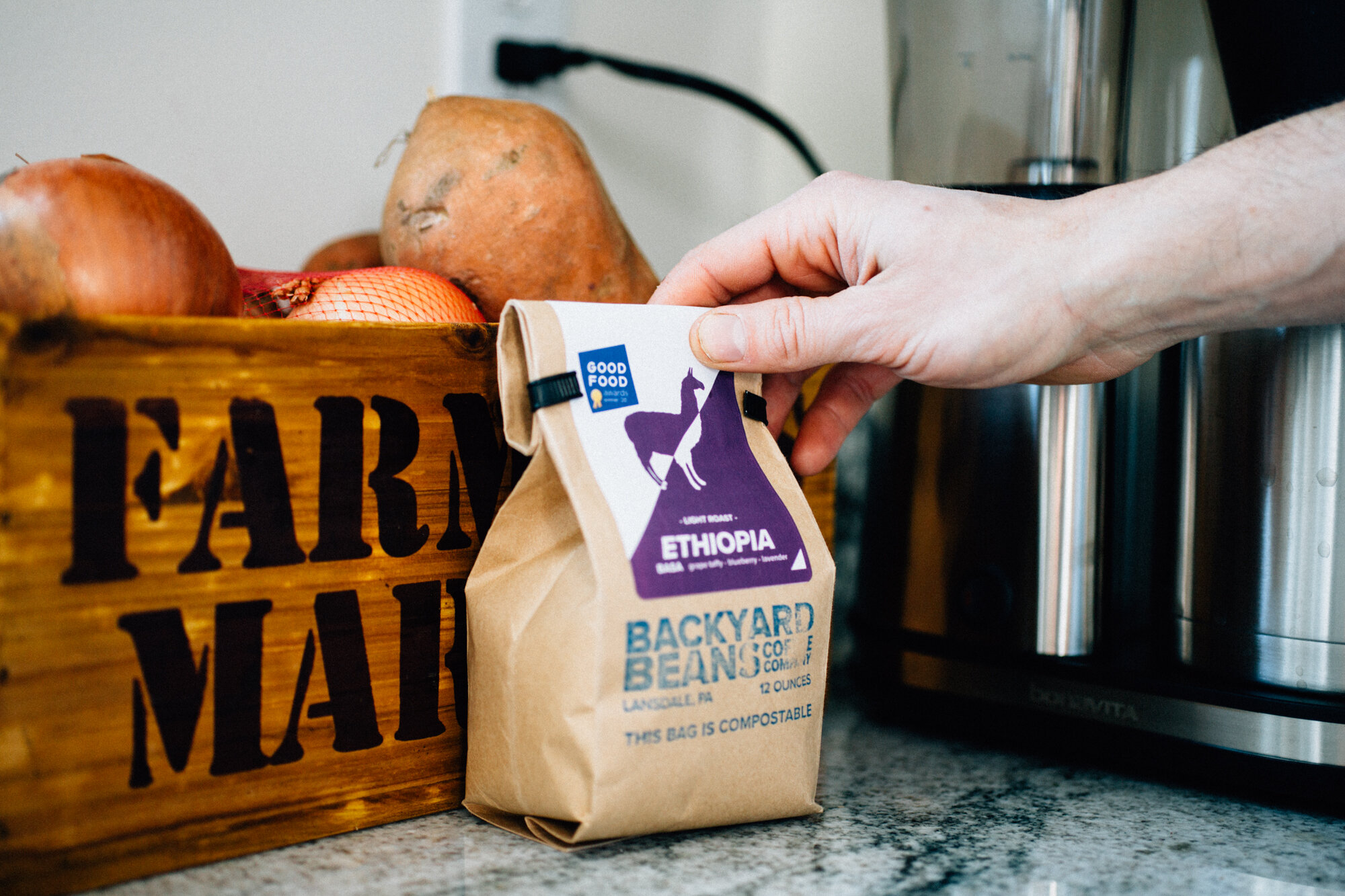
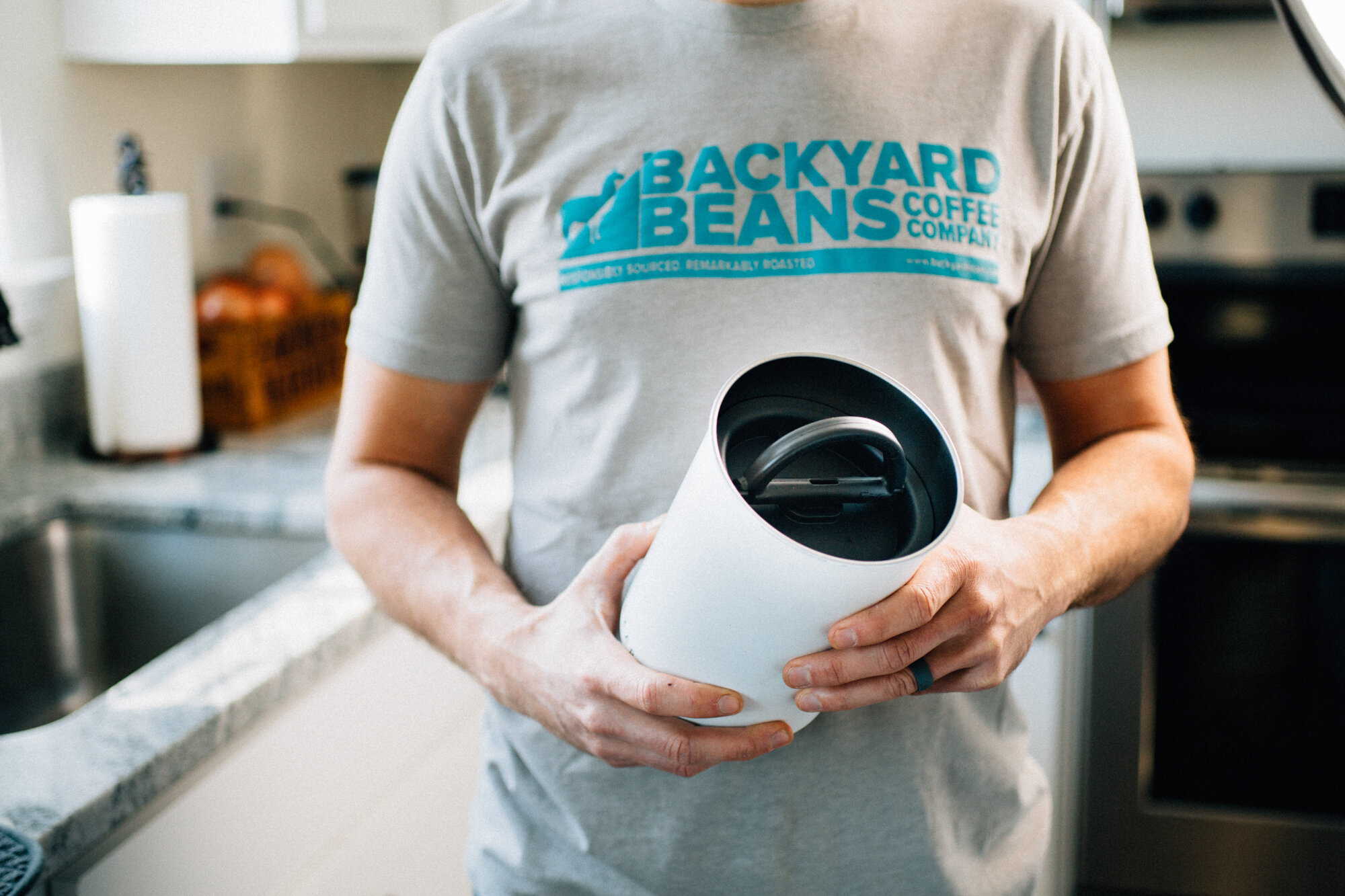
The least stressful method for keeping your coffee fresh is to only buy what you need for three to four weeks max. After each use, roll the bag down tight to expel as much oxygen as possible, or purchase a nice vacuum canister to hold your beans. You’ll want to keep the coffee away from sunlight and heat, a pantry or drawer should work just fine. Placing coffee in the refrigerator has more risks than benefits due to odors and humidity. Even if you store your coffee in an airtight canister, opening it up daily will expose it to oxygen and humidity and around the one month mark you will notice a decrease in quality. Plan your bean purchases accordingly!
Freezing:
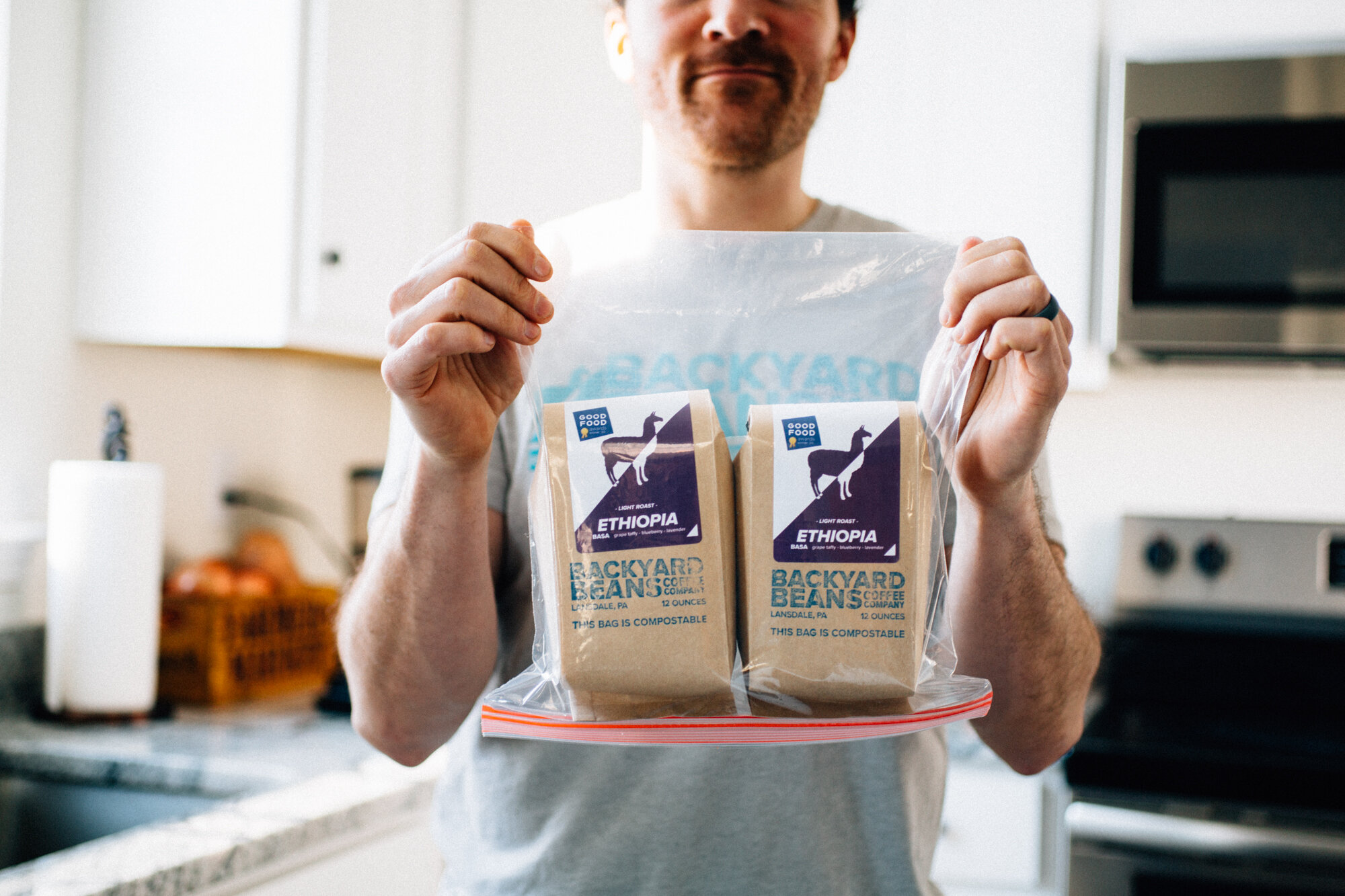
Now, onto the question of freezing. This can certainly help, but there are a few important caveats. First and foremost, the coffee needs to be in an airtight, sealed container or packaging—rolling down the coffee bag won’t cut it here. Second, don’t move your beans in and out of the freezer or open and close the container repeatedly. Instead, take your beans out when you’re ready to use them and then don’t put them back in the freezer (humidity re-freezing on the beans is not good). Lastly, when you pull out your frozen coffee let it thaw out for at least fifteen minutes before opening it. This thawing-before-opening step will prevent condensation from forming on the cold beans.
Is it worth it to freeze coffee? I see two scenarios where it might be appropriate and worthwhile to store coffee in the freezer:
- If you have more coffee than you know what to do with. Don’t open your overstock bags, instead place them inside a ziplock freezer bag for extra protection and freeze them. Take them out, one bag at a time, when you’re in need of more coffee.
- If your coffee geek status is next level. Vacuum sealing individual portions is the best way to save a really special coffee. Doing this will ensure you don’t expose the beans to humidity when you pull a bag in and out of the freezer to measure out your beans. This is the gold standard for storing coffee and you can confidently.

Hopefully, these tips will help you make an informed decision on how to best store your beans and enjoy them longer! There isn’t a one-size-fits-all rule here, just methods to try depending on your time and the type of coffee you buy. We didn’t go into all the finer details on the science behind the staling process in this post, but if you are interested in learning more, check out Jonathan Gagné’s blog (he is an Astrophysics researcher, associate professor, and coffee researcher). Also, check out this YouTube video fromJames Hoffmann!

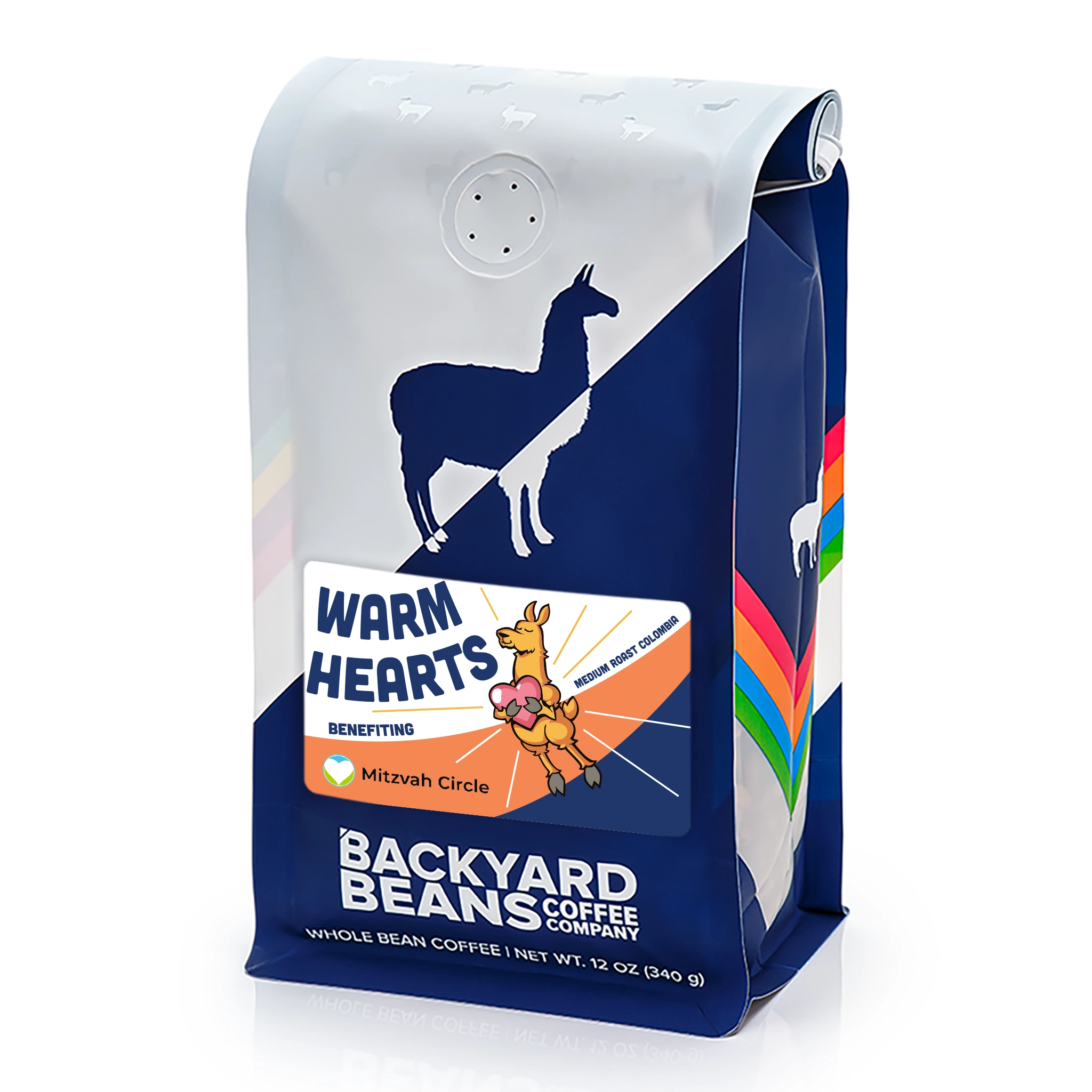
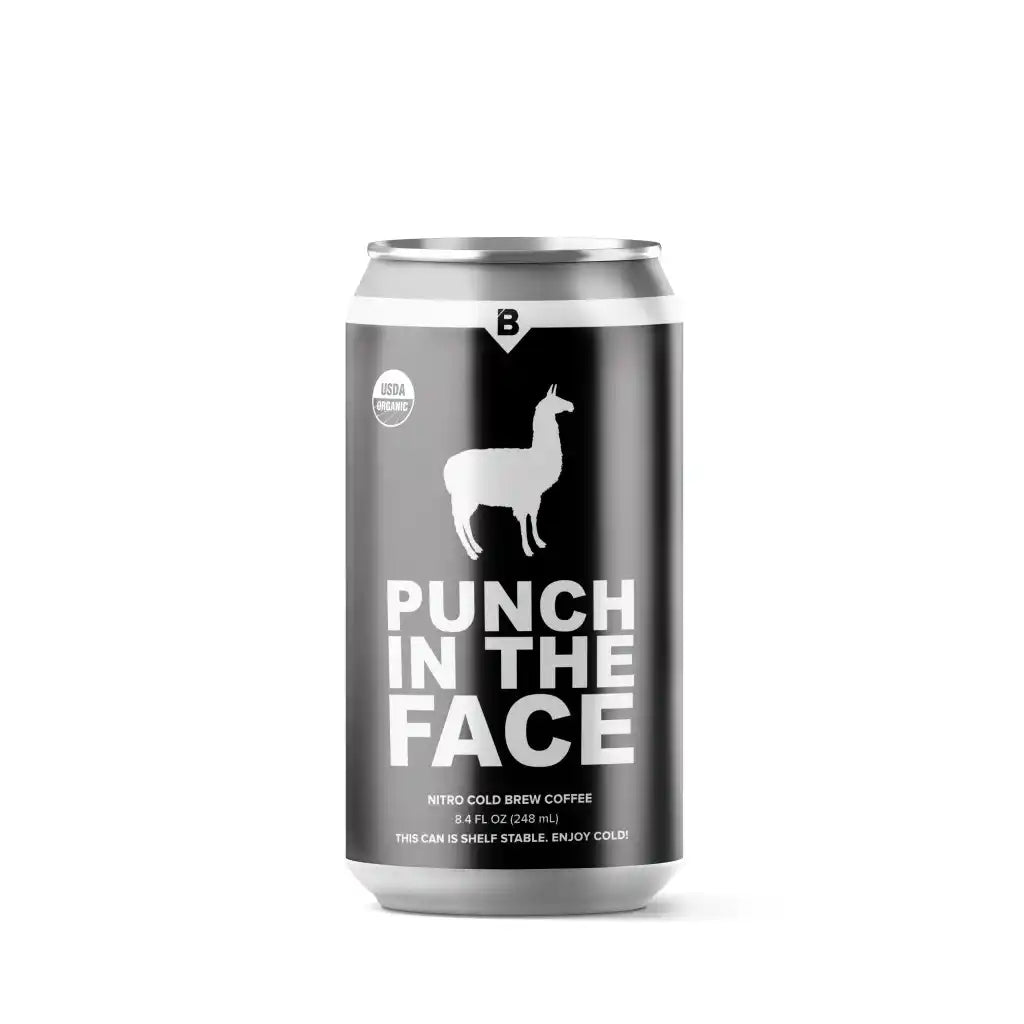
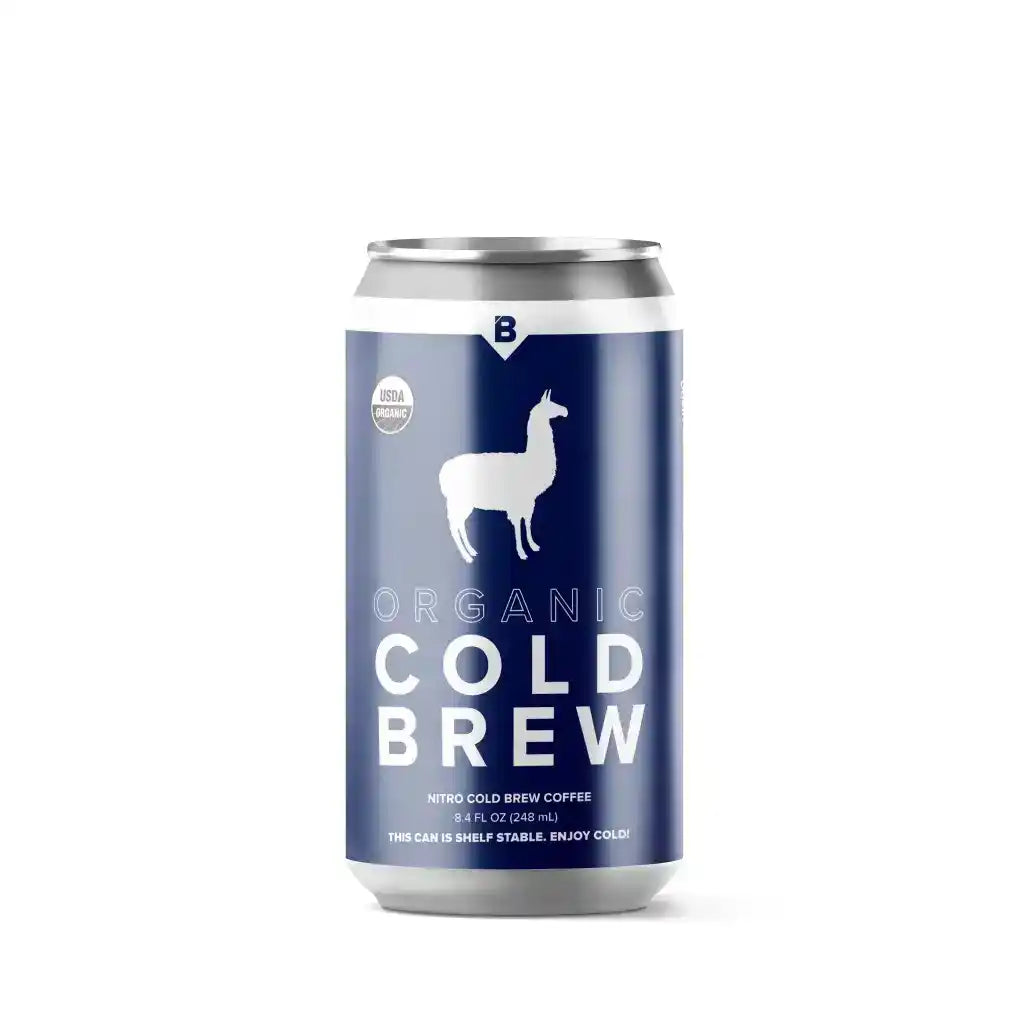
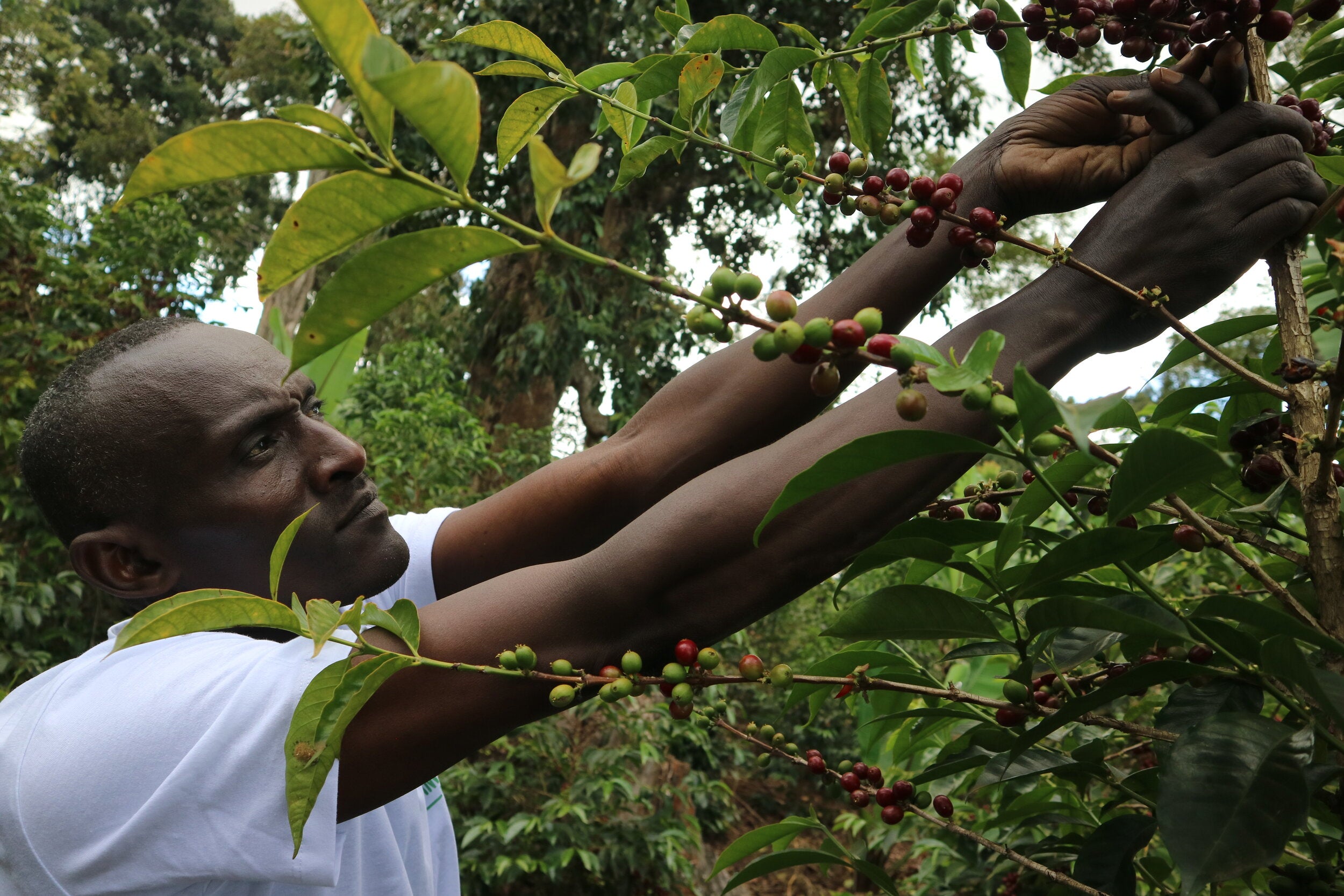
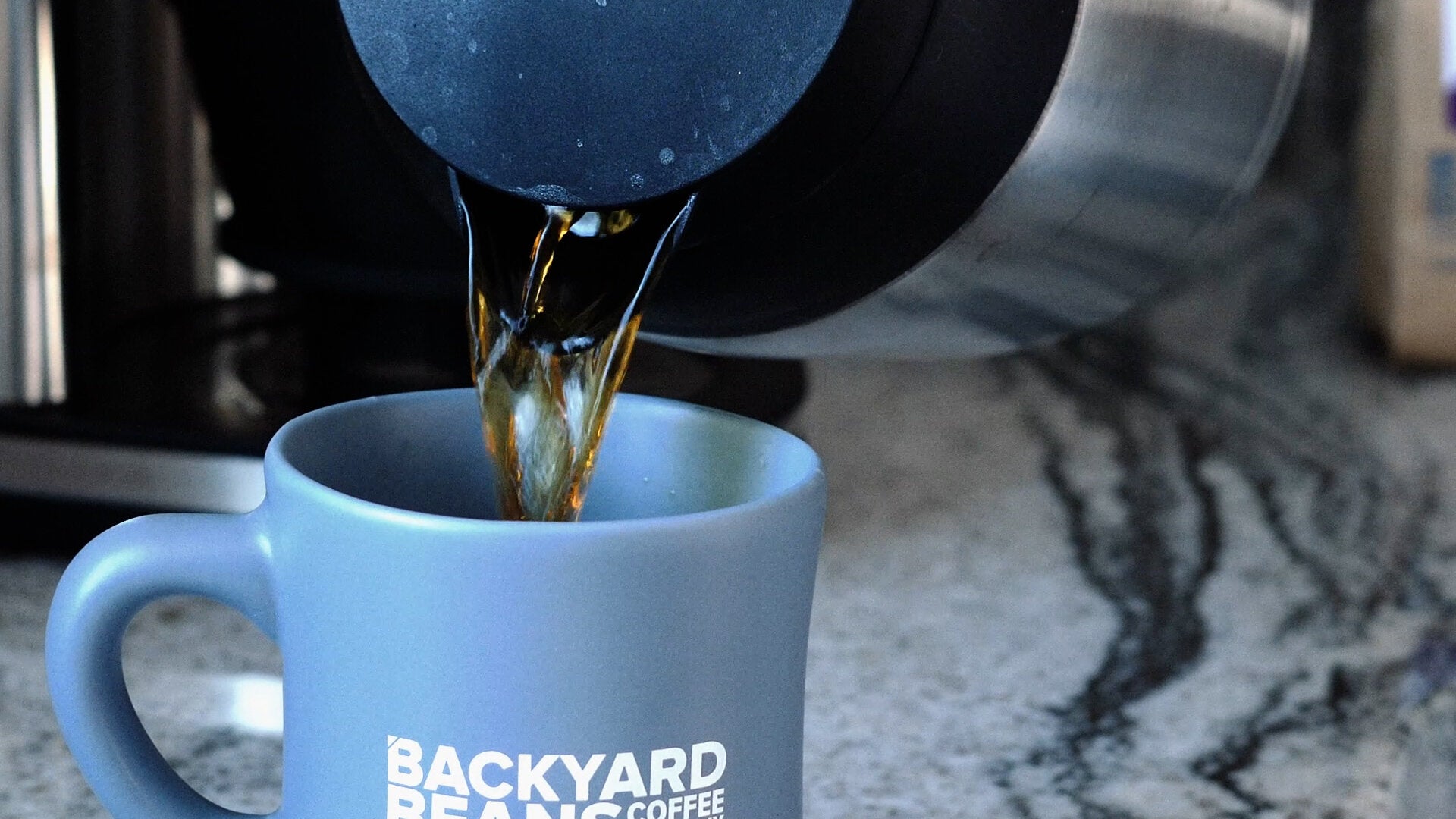
Leave a comment
This site is protected by hCaptcha and the hCaptcha Privacy Policy and Terms of Service apply.